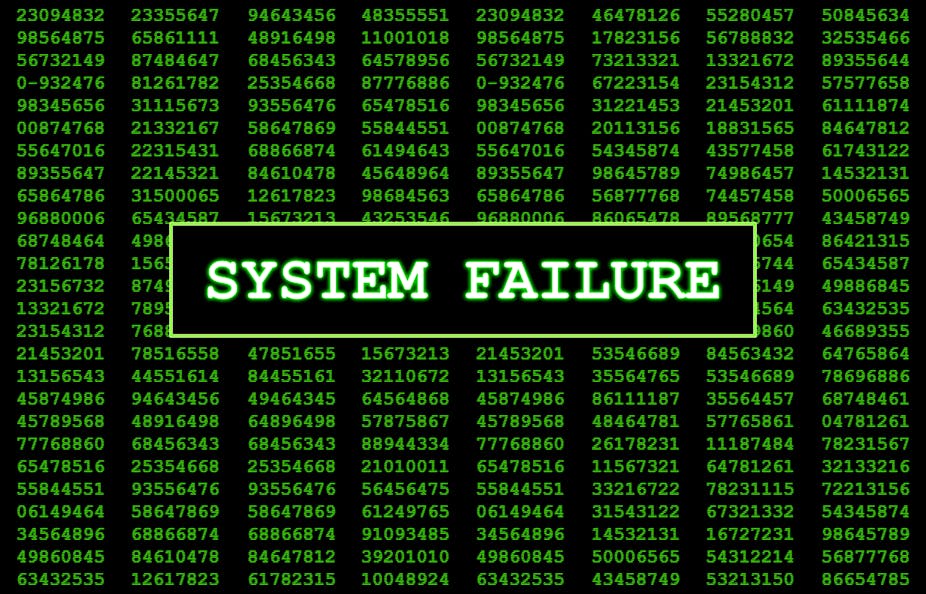In February 2017 a report was released about the deaths of multiple mentally ill patients in Gauteng – South Africa’s richest province. We now know that at least 94 vulnerable mentally ill or disabled South Africans died after effectively being abandoned by those who, by law, had a duty to ensure their safety and well-being. The Health Ombudsman’s report was subtitled: “No Guns: 94+ Silent Deaths and Still Counting”.
The scale and depth of the human rights violations will only become clear in the months, perhaps even years, ahead.
What’s extremely worrying is that there are many other people across the country in equally precarious situations. This will remain the case for as long as South Africa doesn’t have effective oversight structures for the mentally and physically disabled, and the abandoned aged – especially those who are poor and dependent on others.
These deaths were the consequence of inappropriate accommodation and treatment, and neglect. If more deaths like these are to be avoided – and the continuing isolation of thousands of “silenced” people is to end – South Africa needs to examine its soul very deeply.
It must also put into practice the laudable intentions of its Constitution by implementing existing legal provisions. South Africa’s laws create oversight and advisory bodies that ought to be active, integral agents of the post-apartheid consultative and cooperative governance ethos.
The Mental Health Care Act contains many legal checks and balances which have clearly not functioned in practice. If they had, patients wouldn’t have been discharged and dispatched – sometimes in open trucks – to unlicensed, unsuitable and underfunded distant facilities.
By law, every mental health care patient should have an independent watchdog body safeguarding their interests. There’s legal provision for these structures – but they must be given a voice. And teeth.
Systems should be in place
The Mental Health Care Act of 2002, as amended in 2004, moved mental health care provision out of national government’s hands, into the hands of the provinces. This, as Professor Jonathan Burns wrote in 2008, was driven by the principle that
mental health care users have a right to be treated near to their homes and within their communities, as far as possible [and they] have a right to be provided with care, treatment and rehabilitation, with the least possible restriction of their freedom.
Under the act, Mental Health Review Boards were also created to be independent local ombudsmen.
The act requires the provincial administration to establish at least one review board, or a number of district boards. It also states that these should be provided with the resources to enable them to perform their functions.
Each board must have a minimum of three members: a licensed health care practitioner; a magistrate, attorney, or advocate; and a “member of the community concerned”. What, precisely, “the community concerned” is, is open to interpretation.
The responsibilities of Mental Health Boards are that they must:
consider appeals against decisions made by the head of a health establishment;
make decisions about assisted or involuntary mental health care, treatment and rehabilitation services;
consider reviews and make decisions on assisted or involuntary mental health care users;
make decisions regarding further care, treatment and rehabilitation after involuntary users undergo their initial 72 hour assessment after admission;
consider applications for transfer of mental health care users to maximum security facilities; and
consider periodic reports on the mental health status of mentally ill prisoners.
The Review Board may also consult or get representations from experts to perform its functions.
Plagued by problems
Some boards, notably in the Western Cape, are reportedly functioning well and are “committed to championing mental health and taking initiatives to promote and advocate for mental health”.
But, early on it was clear that there were problems elsewhere. Most provinces struggled to find or fund the right personnel for these boards. A 2012 article, outlined major obstacles to the effective functioning of existing Review Boards. These included poor administrative and political support, limited powers and authority, and even the refusal by some provincial health ministers to meet them.
Over more than a decade, numerous reports and articles in the South African Medical Journal, the South African Journal of Psychiatry, and many other platforms have pointed to a sense of impending crisis and of a disaster waiting to happen.
The Gauteng Department of Health’s decision in 2016 to transfer more than 1000 patients out of its established facilities was taken without consulting its Mental Health Review Board. The Health Ombud’s Report found that the board was “moribund, ineffective and without authority”.
Substance over form
The Ombudman’s report recommends that the board’s terms of reference must be clearly defined and strengthened and that its independence and authority should be re-established.
It’s almost become a platitude to state that it will take political commitment and budgetary resources to give such bodies the clout they need to carry out their responsibilities.
When finances are tight and responsibility deferred or misunderstood, it’s been too easy to evade sticking to the requirements of the law.
It’s time South Africans realised that form can’t substitute for substance. And when the voices of the vulnerable are unheard, more lives may be in danger.

